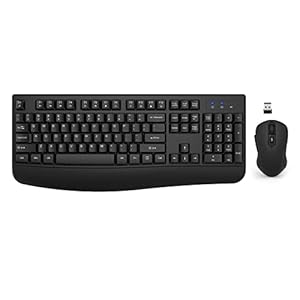Meta is preparing to launch its first commercial augmented reality (AR) glasses, codenamed “Hypernova,” expected to debut in September at a base price of approximately $800. This price reflects a notable reduction of about 20% from earlier estimates of $1,000, signaling Meta’s intention to accept lower profit margins in order to boost consumer demand. However, the price may increase with optional customizations such as prescription lenses or design changes.
Hypernova is designed as a minimalist smart glasses model and will serve as a precursor to Meta’s more advanced AR headset called Phoenix, which is projected to launch in 2027. The glasses will feature a monocular display located on a small area of the right lens, providing key notifications and cues from Meta’s AI app without obstructing the wearer’s main field of vision. This display is visible only when users look downward, maintaining an unobtrusive experience.
Meta’s AI glasses (mockup by Perplexity AI)
Running a specialized version of Android, Hypernova will come with a handful of pre-installed apps, but it will not support regular Android apps or have access to an app store. The device aims to deliver core smart glasses functionality without the complexity or bulk of fully immersive AR systems.
A distinctive accessory paired with Hypernova is a “neural” wristband that employs electromyography (EMG) to detect hand gestures and movements for control purposes. This wristband, previously seen in prototypes for Meta’s forthcoming Orion AR headset, enhances interaction capabilities. In addition to the wristband, the glasses will feature touch-sensitive areas on the temples that allow users to control certain functions.
Meta is already developing a second-generation version of the Hypernova glasses that will include binocular vision for a wider and potentially more immersive display. This successor, expected around 2027, will maintain a simple user interface but is seen as a stepping stone towards a more robust AR experience. This evolution aligns with Meta’s gradual approach to entering the AR market, building from basic smart glasses towards more comprehensive augmented reality headsets.
Trending Products

Acer Nitro 27″ WQHD 2560 x 14...

ASUS Prime AP201 33-Liter MicroATX ...

Lenovo V-Series V15 Business Laptop...

Logitech MK825 Efficiency Wi-fi Key...

Sceptre Curved 24.5-inch Gaming Mon...

Dell Inspiron 16 Plus 7640 Laptop &...

Wireless Keyboard and Mouse Combo, ...

Primary Keyboard and Mouse,Rii RK20...

Lenovo Ideapad Laptop computer Touc...






